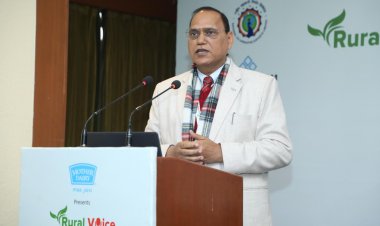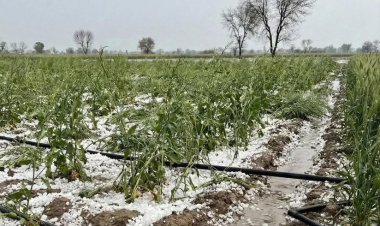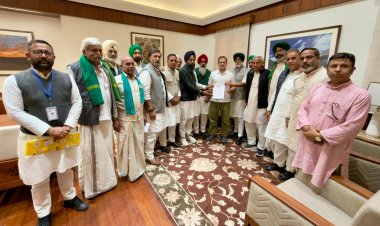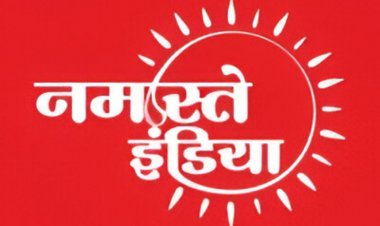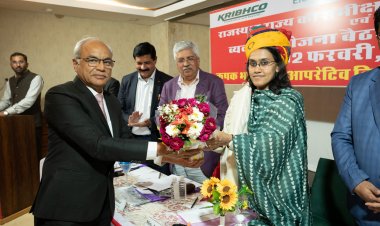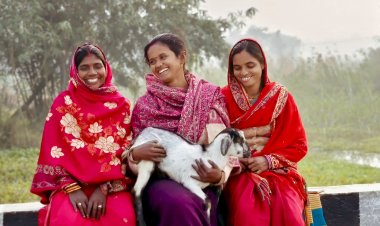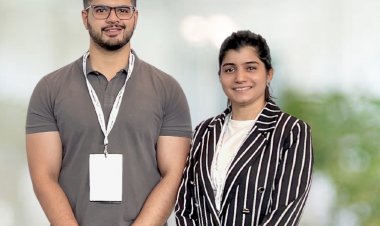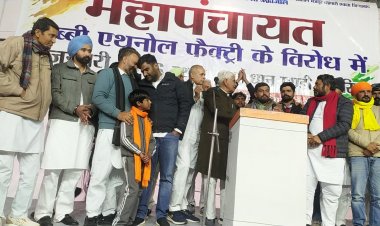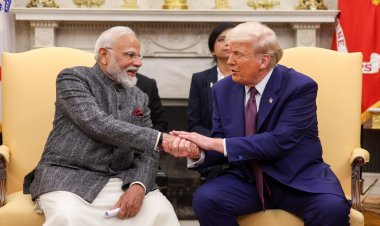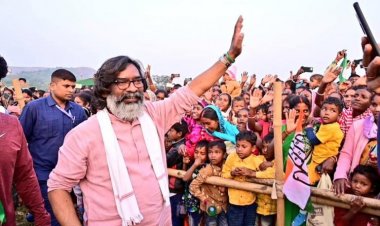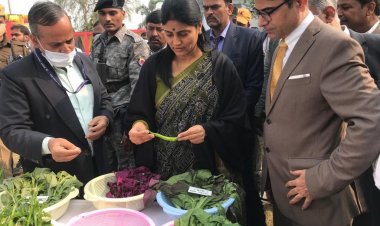Ensuring social protection in post-Covid era
Dr Apurv Mishra from the Prime Minister’s EAC mentioned that the report on ‘Status and Pathways for Portability of Cash and In-Kind Transfers in India’ came at a time of intense and cascading global challenges. The short-term disruptions with COVID-19 have posed a new set of challenges for the government like financial crunch and lack of expertise. The recommendations suggested in the report tell the government how to be flexible in response to these challenges.
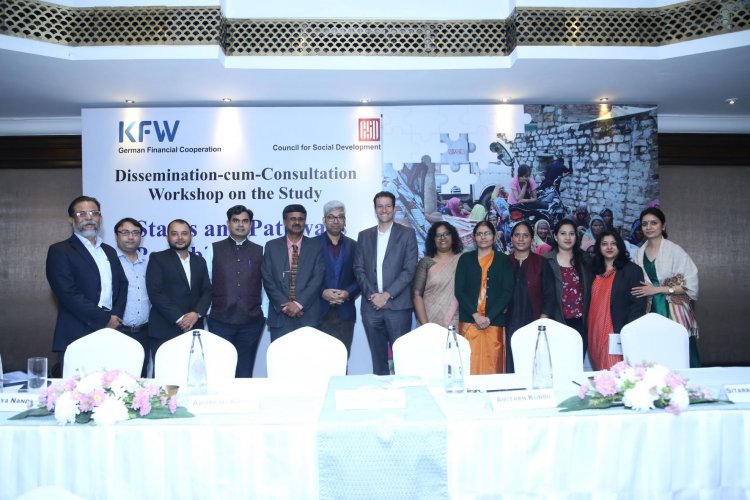
Delivering the keynote address at a dissemination-cum-consultation workshop on the study on ‘Status and Pathways for Portability of Cash and In-Kind Transfers in India’, Dr Apurv Mishra from the Prime Minister’s Economic Advisory Council (EAC) mentioned that this report came at a time of intense and cascading global challenges. The short-term disruptions with COVID-19 have posed a new set of challenges for the government like financial crunch and lack of expertise. The recommendations suggested in the report tell the government how to be flexible in response to these challenges.
KFW Development Bank, Germany, and the Council for Social Development (CSD), New Delhi, organized the workshop on 5 December 2022. Rukmini Parthasarthy, deputy country director, KFW India, made the opening remarks. Prof. Nitya Nanda and Dr Akhil Alha from CSD presented the main findings and recommendations of the study.
Abhishek Singh, president and CEO of the National e-Governance Division, Ministry of Electronics and Information Technology (MeitY), emphasized during his inaugural address that the delivery of benefits to the citizens must reach them on time without any difficulty. It is technology that has made this possible and is enabling trust between the government and the citizens.
Prof Nitya Nanda pointed out that one nation one ration card (ONORC) could be a game changer in ensuring food security for all irrespective of their place of residence though its full potential is yet to be realized. He also emphasized that full portability in PM Jan Dhan Yojana, PM Ujjwala Yojana and the pension schemes for the elderly, widows and disabled people can be established with minor adjustments in policy and implementation modalities.
The event also saw an engaging panel discussion in which Amitabh Kundu, former professor at Jawaharlal Nehru University (JNU); Sunil Jain from the National Informatics Centre (NIC); Sitaram Swaroop from Jan Aadhaar Authority, Government of Rajasthan; D Sajith Babu from the Government of Kerala; and Amaresh Kumar from the Food Corporation of India (FCI) participated as panelists.
The main points that emerged from the discussion are: Family-level data is important to ensure the delivery of social benefits seamlessly. In this context, Integrated Management of Public Distribution System (IMPDS) database can be the basis for portability. The mindset of people (seva-bhaav) is important in the process of benefits delivery. Technology is undeniably important, but we need to be mindful of the reality of the existing digital divide.



 Join the RuralVoice whatsapp group
Join the RuralVoice whatsapp group


















